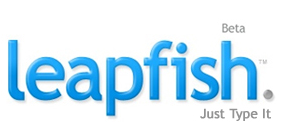Following the defeat of a Senate amendment that would have banned warrantless browser data access, a coalition of companies are taking the fight to the House.
Mozilla, Engine, Reddit, Inc., Reform Government Surveillance, Twitter, i2Coalition and Patreon all signed a letter addressed to four of the US House of Representatives members. In the letter, they state the following:
“We urge you to explicitly prohibit the warrantless collection of internet search and browsing history when you consider the USA FREEDOM Reauthorization Act (H.R. 6172) next week. As leading internet businesses and organizations, we believe privacy and security are essential to our economy, our businesses, and the continued growth of the free and open internet. By clearly reaffirming these protections, Congress can help preserve user trust and facilitate the continued use of the internet as a powerful contributing force for our recovery.”
The companies highlight that Senators Ron Wyden and Steve Daines introduced an amendment in the Senate to ban the warrantless collection of browser data when the USA PATRIOT Act was renewed. That amendment had supermajority support in the Senate, as well as wide bipartisan support, but failed because several senators failed to show up for the vote.
The companies point out in their letter that web browsing data “can provide a detailed portrait of our private lives. It may reveal medical conditions, religious beliefs, and personal relationships, and it should be protected by effective legal safeguards.”
While Mozilla does not collect that data, the companies strongly believe there needs to be legislations specifically prohibiting its use without a warrant. Moves like this are one of the reasons Mozilla continues to be one of the strongest voices in the fight for privacy.


